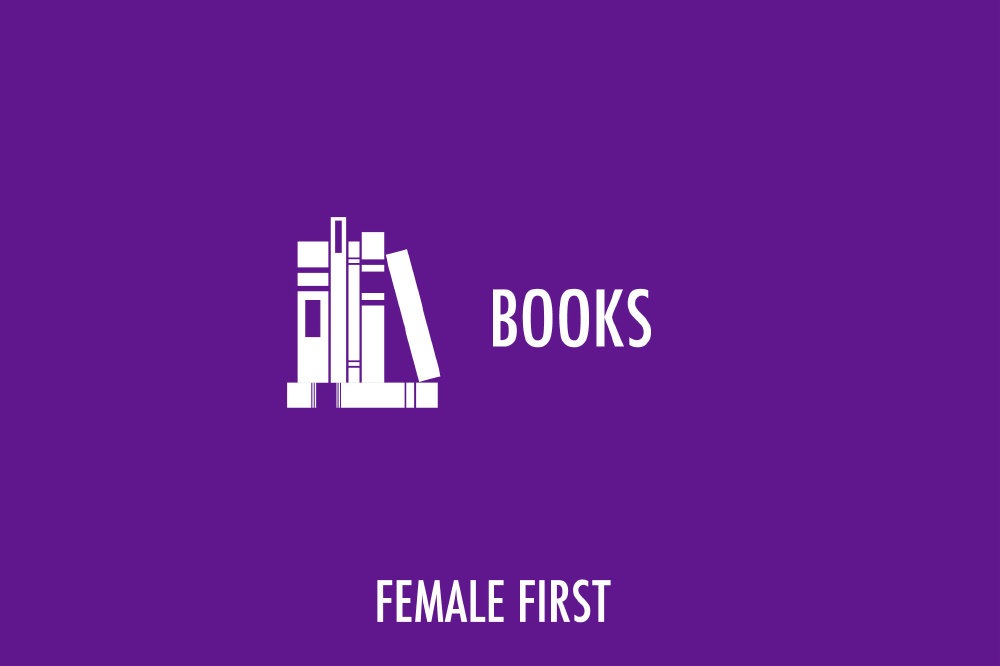Here’s a question: Why is an event or emotion significant if it happens to a man on a battlefield and unimportant if it happens to a woman in her own home?

The Forgotten Sister
I think we could all hazard a guess.
Fiction written by, for and about women has always been denigrated. The view that such writing must by its very nature be trivial was already common in the early nineteenth century, to the extent that Jane Austen – one of the greatest writers in the history of English literature, male or female – was both criticised for it and able to skewer such snobbishness in her own inimitable way:
‘Oh! It is only a novel!’ replies the young lady, while she lays down her book with affected indifference, or momentary shame. ‘It is only Cecilia, or Camilla, or Belinda’; or, in short, only some work in which the greatest powers of the mind are displayed, in which the most thorough knowledge of human nature, the happiest delineation of its varieties, the liveliest effusions of wit and humour, are conveyed to the world in the best-chosen language.
READ RELATED: Actor Chris O’Dowd Voices Flanny The Lovebug In Human Resources
(Northanger Abbey, chapter 5)
Since Austen’s time we have seen many wonderful male novelists, to the point where ‘the great novel’ somehow became synonymous with ‘the great male novel’, leaving anything female to be hived off into a separate, niche market: women’s fiction, romance fiction, saga fiction. A man writing about the inner thoughts and feelings of a male character is exploring the human condition, while a woman doing the same for a female protagonist is writing something small and domestic, of no general or wider interest.
This idea is complete nonsense.
Saga is stories that are written to support and uplift, to make us feel a connection with the past and also with those around us now. Everyone loves a tale about succeeding against the odds, but that doesn’t have to involve trekking to the South Pole; being born poor and female in inner-city Liverpool during the Victorian era stacked the odds against someone just as effectively, and their struggle to overcome such difficulties is just as valid.
Yes, there are many heroes to be found in wars and adventures. But is it not also heroic to get up day after day, when life is a struggle, and to get on with living? And to strive to make those around us happier? Women of the past were faced with rules and systems designed to make them second-class citizens, and they worked with and around those systems in order to make the best of themselves and to help and support their families. This needs to be celebrated, and frankly saga fiction appears to be the only genre doing the celebrating.
Writing about such women is a delight, and so is reading about them. We finish each book with a sense of justice, of hard work and determination being rewarded despite the setbacks that life can throw at us, and we can all be empowered as a result.
The Forgotten Sister by Judy Summers is Out Now (Welbeck, £8.99)
MORE: 10 Things to consider when writing a saga set in a specific time period by Pam Howes

Source:






